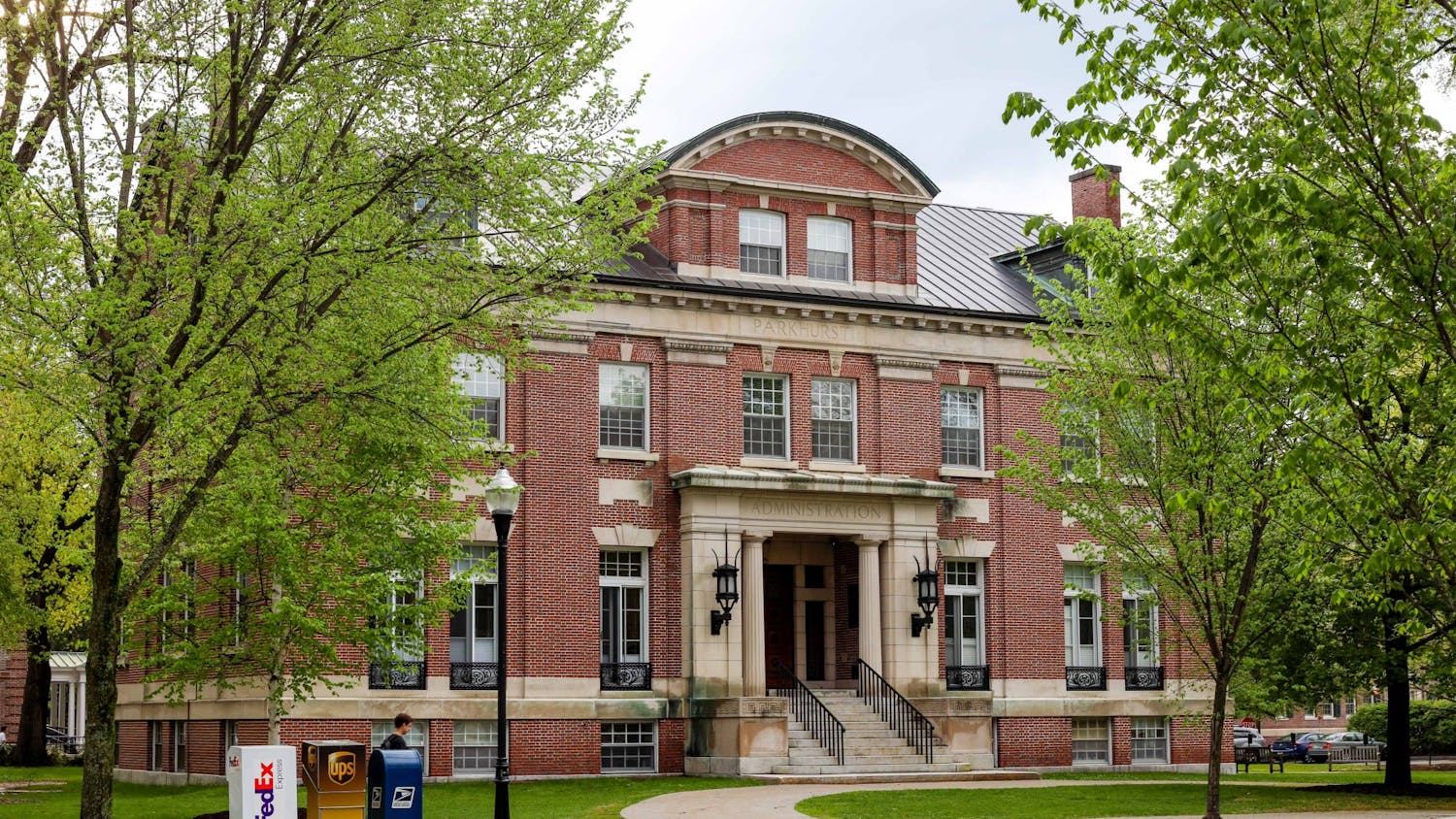At the end of winter term, Dartmouth students scattered across the U.S. and the world. Yet one thing noticeably remains in Hanover: our belongings.
The announcement of a remote spring term — alongside growing numbers of COVID-19 cases — made it clear that students had lost access to the belongings they had left on campus at the end of winter term. Dean of the College Kathryn Lively made this explicit in an email statement on March 11, asserting that the College “cannot arrange for pick-up or delivery of any personal belongings until the public health crisis has abated.”
Six weeks into spring term, the College has only just announced that it will reveal its plan for returning students’ belongings by the end of next week. In doing so, the College must operate with transparency and respect.
It is true that public health considerations should not be understated in these decisions. However, it is very much possible to return belongings without compromising public health, and students have a right to their possessions. The College must now make steps to rectify the situation.
First, it must be clear where students’ belongings are located on campus. With the conversion of a number of dormitories — including 11 Webster, the Lodge and the Channing Cox and Maxwell apartments — into quarantine sites, many students formerly resident in these buildings were informed that their possessions have been packed and moved elsewhere. They have not, however, been told where their possessions are now located. It is unfair to deprive these students of the location of their personal items and the associated peace of mind.
Second, the College must also begin to ship students’ possessions back home as soon as possible. Given the late announcement of spring term’s cancellation, this must be done, up to a point, free of charge. Students were given little to no notice before being told to leave Hanover and to “take what you can with you.” It is unreasonable to expect that students — who largely anticipated being back in Hanover for spring term — would have had the time or means to take all they needed with them. As such, the College should take responsibility for the scale of the current issue and not charge its students for access to their own possessions.
To this end, graduating seniors — who do not otherwise have a reason to return to campus — must have all of their belongings shipped back to them for free. Other undergraduates, who will return to Hanover eventually, should be able to have essential items delivered similarly without charge.
Third, students should be involved in the moving process. Undergraduates at George Washington University, for example, have been able to use FaceTime to correspond with movers as they pack up residents’ belongings. This kind of student involvement fosters both communication and a sense of accountability, alleviating existing concerns around the anonymous handling of students’ personal effects.
Furthermore, the College should make clear that it will not punish students for any violations found in rooms. At the time of departure, students were unaware of the possibility that College packers could go through their belongings. As such, it is unfair for students to be punished for violations concerning the possession of prohibited items. To threaten the penalization of students for such transgressions would constitute a pitiless imposition in a time of already great stress.
Finally, Dartmouth should institute a staggered pickup system for belongings. This system would allow those students living within driving distance of Hanover the option to collect their belongings themselves within a predetermined window of time. Rutgers University and the University of New Hampshire, for instance, have installed a similar system of appointment-based move-outs.This would save the College funds and effort otherwise spent on unnecessary shipping, while also preserving the practice of social distancing.
After almost two months, Dartmouth has finally announced that it plans to take steps to return students’ property. The College is clearly in an undesirable position, having to carefully balance students’ needs and general concerns over safety. However, the College has an obligation to step up and act to redress its students’ legitimate grievances.
The editorial board consists of opinion staff columnists, the opinion editors, the executive editors and the editor-in-chief.


